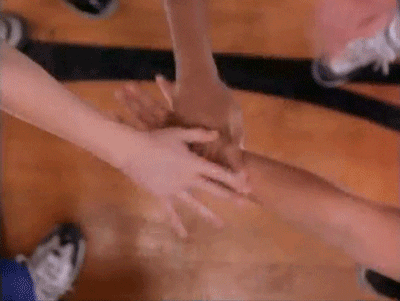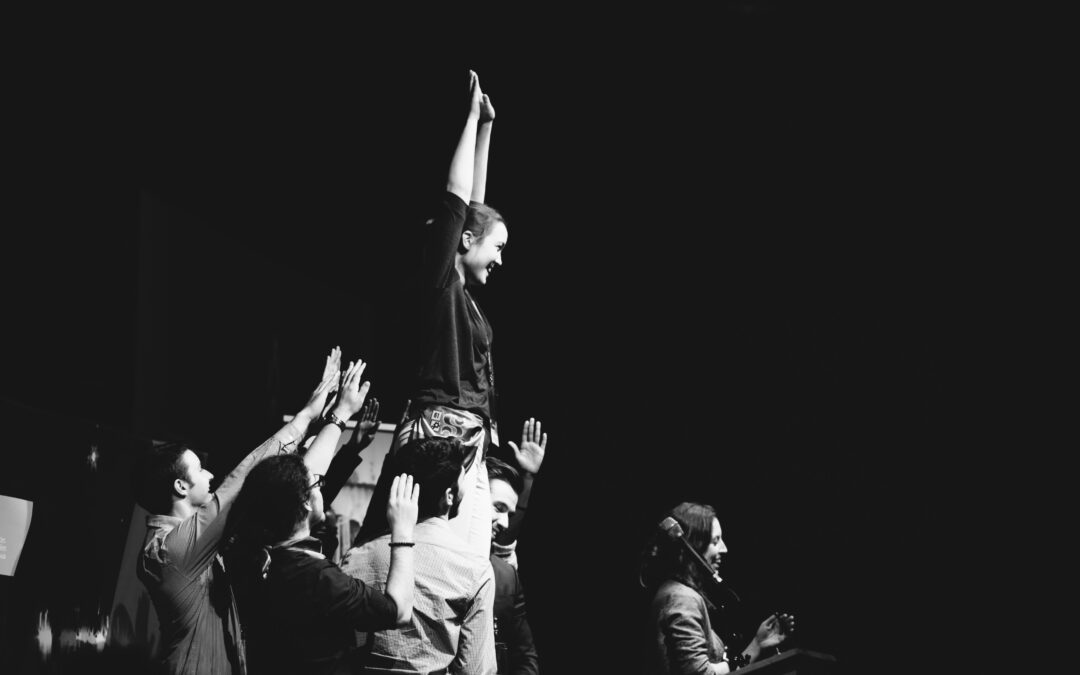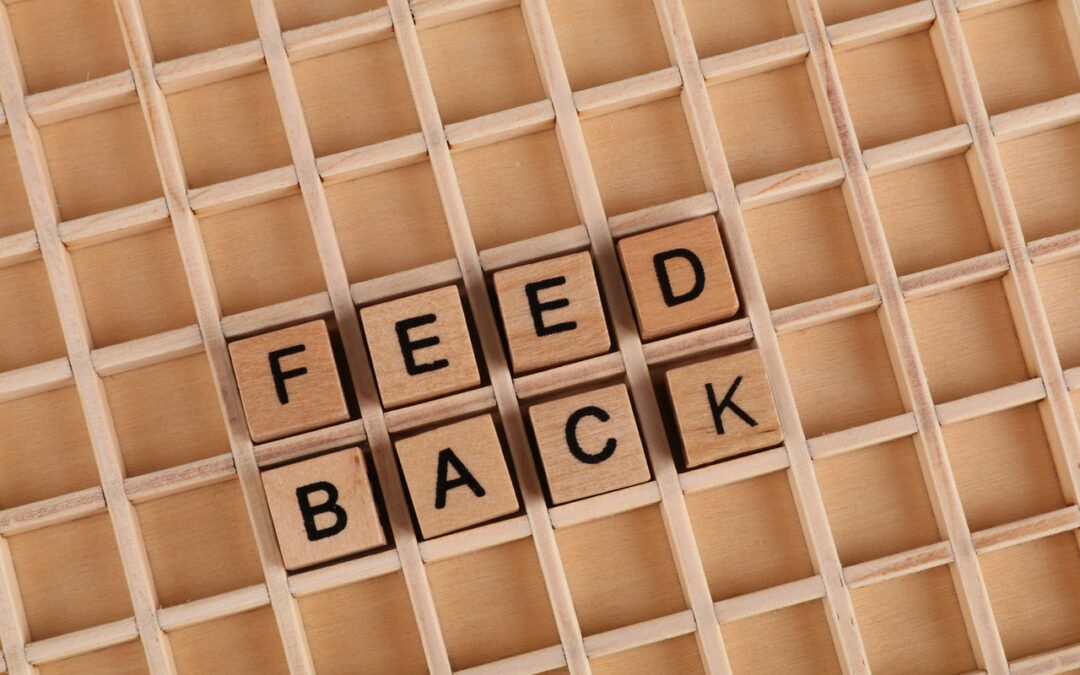Why am I always waxing poetic about ensembles? Why are ensembles (and the wisdom of artists) so relevant to our tumultuous times?
Ensembles cultivate the ability to not just cooperate or collaborate, they also know how to co-create. I think about the creative modes of groups on a spectrum..What’s the difference, you ask?
Cooperation: We trust in a respectful, professional approach/demeanor to get us where we want to go.

Collaboration: We trust that having an open mind and the right combination of knowledge and skills will get us where we want to go.

Co-creation: We trust that having an open heart and deep trust in each other will allow our desired future to emerge.
Co-creation is heartful collaboration that has no attachment to a predetermined path, asking only:
What does the world need from us right now?
Co-creation arises when we invest time to create emergent space together so that novel and unexpected ideas can sprout from a shared sense of belonging and deep care for the world.

The quietly subversive beauty of ensembles is that it works even within hierarchies.
You don’t need anyone’s permission to start cultivating the aliveness of an open heart.
All you need is the courageous leadership to prioritize relationships, even when your colleagues (or your own mind) tell you it’s too “soft,” “woo woo,” or an “irresponsible” use of time.
As this article so clearly illustrates, many of our traditional ways of organizing can actually BLOCK the phenomenon of co-creativity…
“If most collective impact efforts fall short of supporting people to change in fundamentally consciousness-altering ways, then, the system they are a part of will not significantly change either. However, over the past two decades, the prevailing view among many funders, board members and institutional leaders has been that only quantifiable and predetermined outcomes can create impact.”
Our obsession with quantifiable and predetermined outcomes is why systems thinking alone falls short of getting us where we want to go.

We can’t think our way into meeting the complexity of our times.
We need less thinking,
more trust building.
More listening,
more experimenting together,
more sharing power.
Our work at this precarious moment is to create the transformational cultures that can give rise to the transformation we seek. The time is now to build trust, listen and share power as we wade into the beauty and mess of forming the collaborative bodies our world needs.
I invite you to read The Relational Work of Systems Change and then ask yourself:
How can I be less attached to quantifiable and predetermined outcomes as the path to impact?
How can I prioritize relationships on my team and with those we serve… right now, today?
If you’re looking for ways to to cultivate open hearts for co-creativity, here’s a few ideas to get you started…
-
Spend a few minutes crafting a good question for your team that invokes curiosity
-
Find a way to share power on your team
Stay in Touch
Join Our Newsletter
Writings, learning opportunities, and more, straight to your inbox.
Learn With Mobius
An online program for changemakers ready to unleash the full capacity of your team.
Follow Us
Stay connected with us and engage with our community of systems changemakers online.


